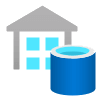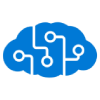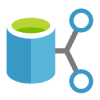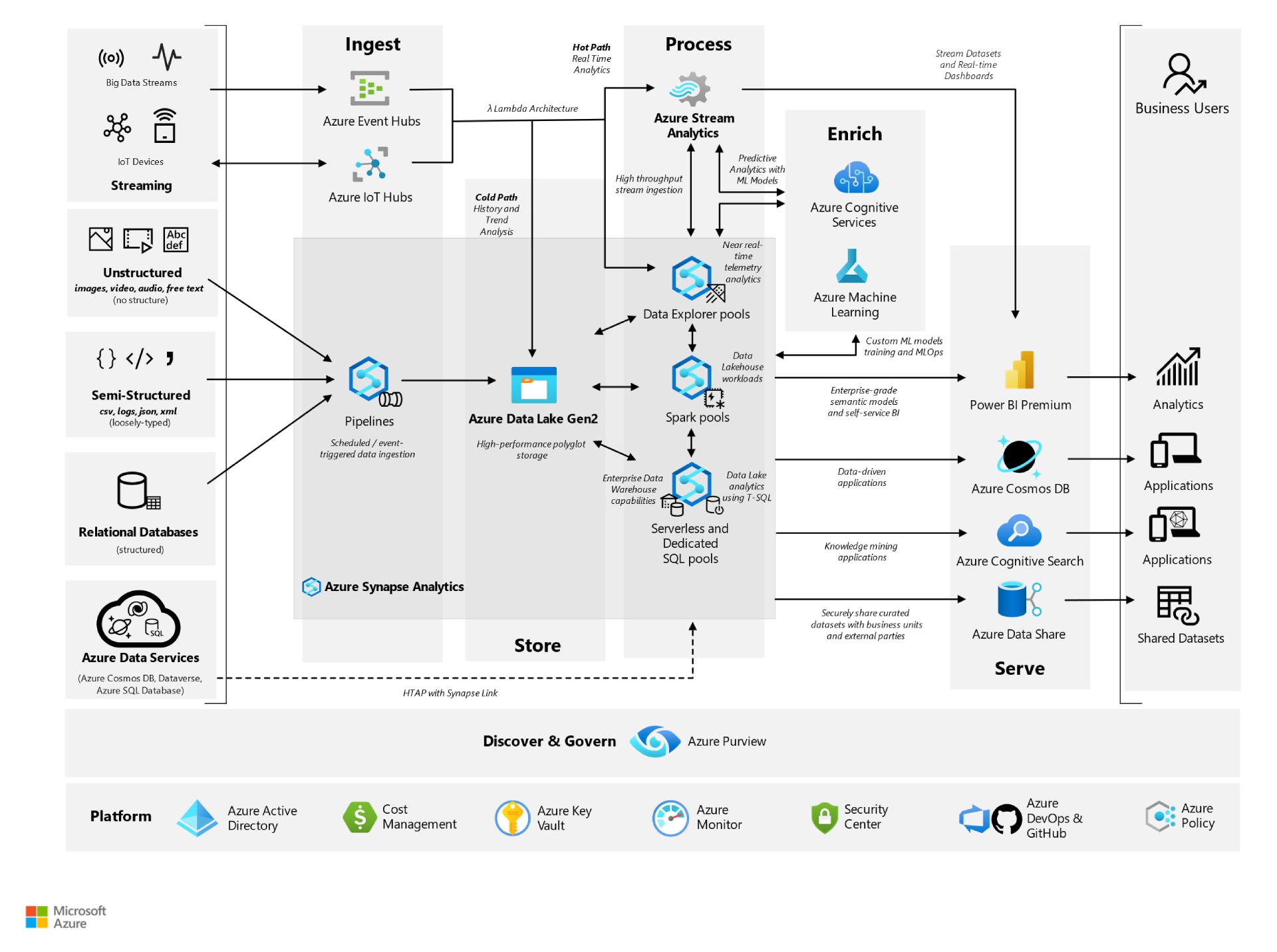Data is an Asset
Data systems are the backbone of every digital aspect of an organization: From ERP to AI/ML and everything in between, data drives success. How well you manage and leverage your data impacts your organization’s future.
Benefits of Data Systems Modernization
Recent innovations have radically changed the data landscape, allowing organizations to unlock their potential and do much more for significantly less cost while simplifying their ecosystem.
Cost Reduction
Composable services replace long-term capital expenditures with JIT variable costs that typically produce significant savings.
Performance Optimization
Scale workloads up and down to match power with need, flattening processing timelines.
Simplification
Integrate your data ecosystem:
- Application data
- Governance
- Compliance
- DevOps
AI/ML
In a composable environment, easily add integrated AI and ML platforms and services to extend capabilities without replicating data.
How It Works
The Corpim Data Systems Modernization is not a lift-and-shift from on-premise to the cloud, although that use case is available with our cloud computing services. Corpim DSM involves transforming from a siloed and monolithic data ecosystem to an integrated platform with composable services that support big data processing leveraging the Microsoft Intelligent Data Platform.
Our transformation approach leverages an efficiently phased approach to reduce risk and disruption to current operations while providing significant value upfront. Our DSM architects work with your team to implement the best-fit DSM vision and roadmap for your organization and then implement it.
- Migrate on-premises databases to cost-effective and scalable data lakes
- Refactor data processing using composable services that work best with your team’s skillset
- Integrate security, data governance, DevOps, and toolsets to streamline the management of your environment(s)
- Extend capabilities with ML, AI, and other services that meet your company’s continued innovation needs
- Document and train as needed
Our Modern Data Technologies
Corpim’s core DSM technologies include the following from the Microsoft Azure Cloud stack:
Our Modern Data Technologies

Azure Active Directory
A cloud-based identity and access management service which serves as a central hub for managing user identities, authentication, and authorization across various applications.

Cost Management
A tool and service that helps organizations monitor and optimize their spending in the Microsoft Azure cloud. It provides insights into resource usage and associated costs, enabling businesses to effectively manage their cloud expenses.

Azure Key Vault
Allows organizations to securely store and manage cryptographic keys, secrets, and certificates. It serves as a central repository for protecting sensitive information used by applications and services deployed on the Azure platform.

Azure Monitor
Enables organizations to gain insights into the performance, availability, and health of their Azure resources, applications, and workloads through a comprehensive monitoring and diagnostics service which collects data from your on-premise and cloud environments.

Azure DevOps
Provides a collaborative environment for development teams to facilitate the end-to-end software development lifecycle, covering planning, development, testing, deployment, and monitoring.

Security Center
Helps organizations protect their Azure resources and workloads by providing advanced threat detection, security policy enforcement, and actionable security recommendations through a centralized dashboard.
Governance

Azure Purview
A data governance service that helps organizations discover, understand, and manage their data assets across various sources by providing a unified and holistic view of an organization’s data landscape, including on-premises, multi-cloud, and software-as-a-service (SaaS) data sources.
Applications Layer

Azure App Service
A fully managed platform-as-a-service (PaaS) that allows developers to easily build, deploy, and scale web and mobile applications without worrying about infrastructure management. It offers features such as automatic scaling, high availability, and built-in security controls as well as integrations with other Azure services and seamless deployment options.
Ingestion and Storage

Azure IoT Hub
A cloud-based service that enables organizations to securely connect, monitor, and manage large numbers of Internet of Things (IoT) devices. It acts as a central hub for bi-directional communication between IoT devices and cloud-based applications. Azure IoT Hub also integrates with other Azure services, such as Azure Stream Analytics and Azure Functions, for real-time analytics and processing of IoT data.

Azure Blob Storage
A scalable and secure cloud storage service designed for storing and managing massive amounts of unstructured data, such as text files, images, videos, and documents. Developers can easily store and retrieve data through simple REST APIs or SDKs, making it suitable for a wide range of applications and scenarios.

Azure Data Lake Gen2
Combines the scalability and cost-effectiveness of object storage with the performance and analytics capabilities of a data lake. It is built on Azure Blob Storage, providing a hierarchical file system that organizes data into directories and files. It supports both structured and unstructured data and is optimized for big data analytics and processing.

SQL Server
- Azure SQL Database is a fully managed, highly scalable, cloud-based relational database platform-as-a-service (PaaS) solution optimized for hosting and managing cloud-native applications
- Azure SQL Managed Instance is a fully managed, cloud-based database service that offers a platform-as-a-service (PaaS) solution for hosting and managing SQL Server databases with greater compatibility with SQL Server and more control at the instance level, making it suitable for migrating existing on-premises SQL Server workloads to the cloud with minimal changes.
Processing

Azure Databricks
A fast and collaborative analytics platform that combines Apache Spark with Azure’s robust infrastructure. It provides a powerful environment for processing large-scale data and running advanced analytics, machine learning, and AI workloads.

Azure Data Factory
A data integration service that enables organizations to orchestrate and automate the movement and transformation of data across various sources and destinations. It provides a scalable and reliable platform for building data pipelines that ingest, transform, and load data for analytics and reporting purposes.

Azure Synapse Analytics
An integrated analytics service that combines big data and data warehousing capabilities in a single platform. It provides a unified experience for ingesting, preparing, managing, and serving data for analytics and business intelligence purposes.
Enrichment

Azure Cognitive Services
A suite of cloud-based artificial intelligence (AI) services is provided by Microsoft Azure. It offers pre-built APIs and SDKs that enable developers to easily incorporate advanced AI capabilities into their applications without requiring expertise in machine learning or data science. It provides a wide range of AI functionalities, including natural language processing, speech recognition and synthesis, computer vision, sentiment analysis, and more.

Azure Machine Learning
Enables organizations to build, deploy, and manage machine learning models at scale by providing a comprehensive set of tools and services for data scientists and developers to develop and operationalize machine learning solutions. It offers a visual interface for building machine learning models using drag-and-drop components, as well as the flexibility of coding with popular languages like Python and R. Additionally, it provides capabilities for data preprocessing, feature engineering, model training, and evaluation.
Delivery

Power BI
A business intelligence and data visualization service that allows organizations to easily connect to various data sources, analyze data, and create interactive reports and dashboards. It enables users to transform raw data into meaningful visualizations, charts, and graphs, facilitating data-driven decision-making. It offers a user-friendly interface and drag-and-drop capabilities, making it accessible to users with varying levels of technical expertise.

Azure Data Share
Enables organizations to share data securely and efficiently with external partners and stakeholders. It provides a simple and secure way to share data across different Azure subscriptions, Azure AD tenants, and even external organizations. It supports various data sources, including Azure Blob Storage, Azure Data Lake Storage, and Azure SQL Database, making it versatile for sharing different types of data.
Sample Azure DSM Pattern

